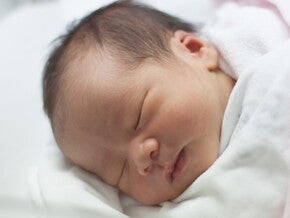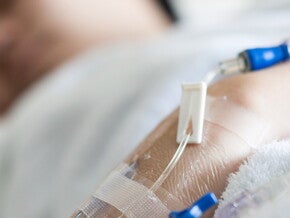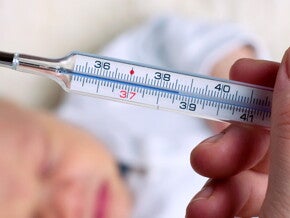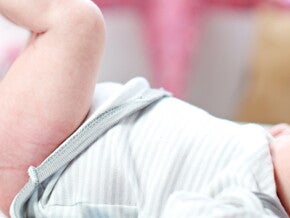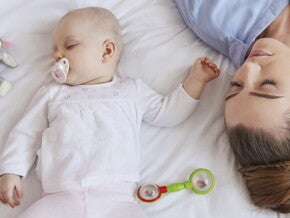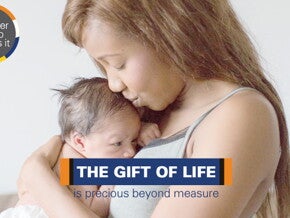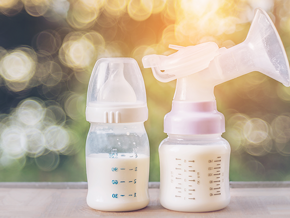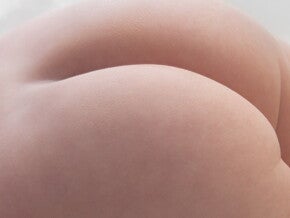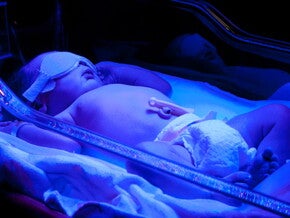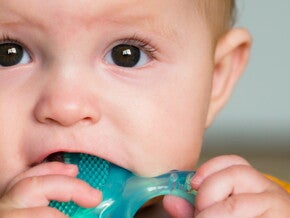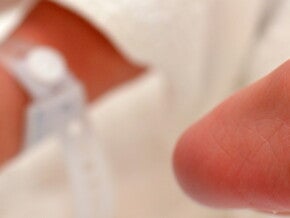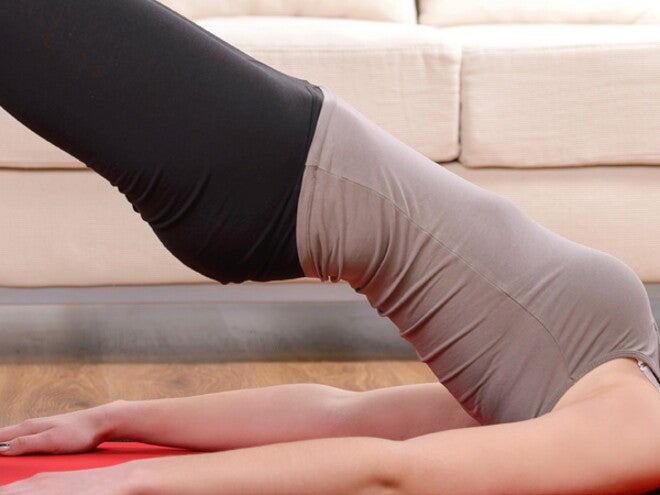
Set your own pace of progression – remember to listen to your body, as you may experience extreme fatigue during this early period. The following exercises are in order of progression and the exercises can be done whether you had a vaginal or Caesarean birth.
From Day 1
Deep breathing and circulatory exercises
- Breathe in and out deeply, as in first level labour breathing.
- Ankle circling – this increases circulation and reduces swelling in your legs. Repeat as often as you remember throughout the day.
Pelvic floor – Kegel exercises
- Gently squeeze and lift your pelvic floor muscles.
- Hold for a few seconds and then relax. This promotes healing of the perineum and restores vaginal muscle tone.
Start doing 2–3 contractions every hour for the first few days, then increase to several times a day – for the rest of your life!
From Day 3
Pelvic tilt with abdominal tightening
- Lie flat on your back, with your knees bent.
- Breathe in deeply.
- As you exhale, tighten your abdominal muscles and tilt your pelvis, pressing your lower back into the surface.
- Relax as you breathe in – as in antenatal exercises. To strengthen your abdominals, click here for a pelvic tilt exercise.
- Repeat several times.
- After a few days, do pelvic tilts while standing, sitting, or on hands and knees.
Head lifts: Progression one
- Lie on your back, legs straight and arms at your side.
- Lift your head and look at your feet.
- Contract your abdominals and remember to breathe out.
- Slowly lower your head as you inhale.
- Repeat.
After Day 7
Modified abdominal exercise
Check for separation of the rectus abdominis muscles, and modify your exercises, if necessary.
- Lie on your back, with your knees bent.
- Cross your arms over your abdomen, placing your hands on either side of your waist. Breathe in.
- Raise your head, and breathe out. At the same time pull the rectus abdominis muscles towards the midline with your hands.
- Slowly lower your head, remembering to inhale.
- Breathe in as you uncurl and relax.
- Repeat.
After Day 10
Head and shoulder lifts: Progression two
- Lie on your back, bend your legs.
- Keep your arms at your sides, holding on to your thighs.
- Curl up, using your elbows for support.
- Breathe out as you contract.
- Breathe in as you uncurl and relax.
- Repeat.
Postnatal exercise classes
Continue with a gentle progressive exercise programme until you are ready to join a postnatal exercise class, after about 4–6 weeks and after checking with your healthcare professional. Again, set your own pace of progression, remembering to listen to your body.
Some classes teach you how to include your baby in your exercise routine.
Click here for guidelines on exercises after pregnancy.
